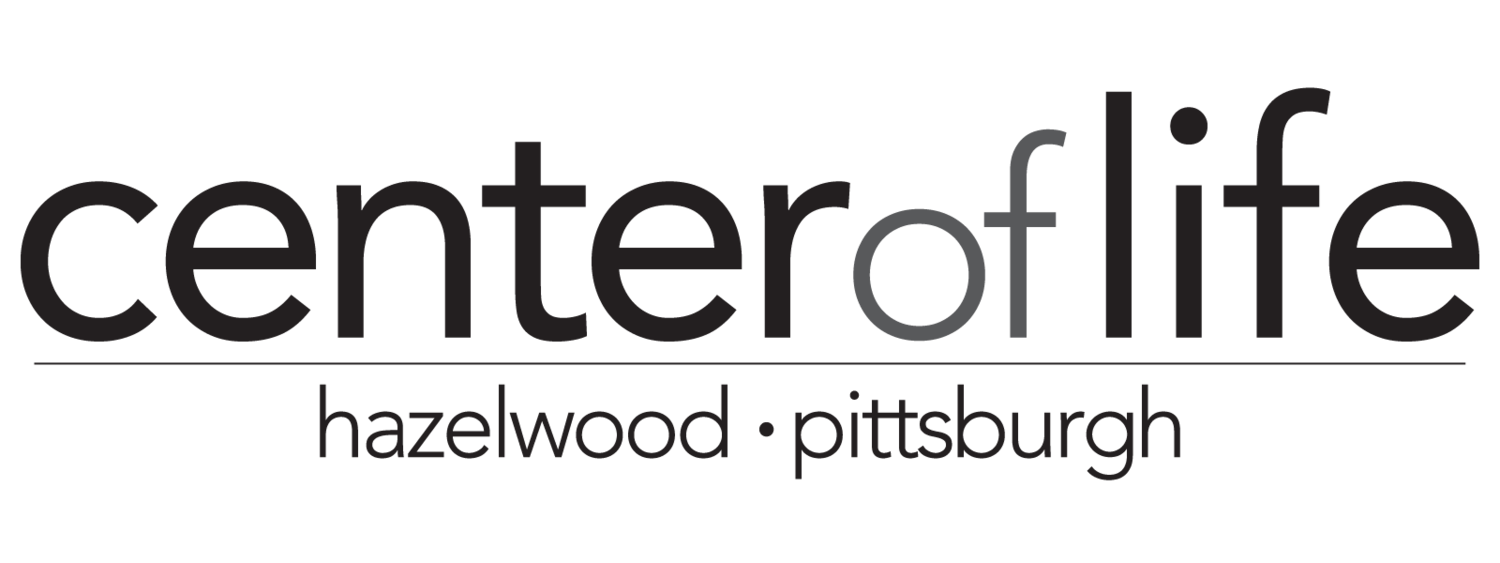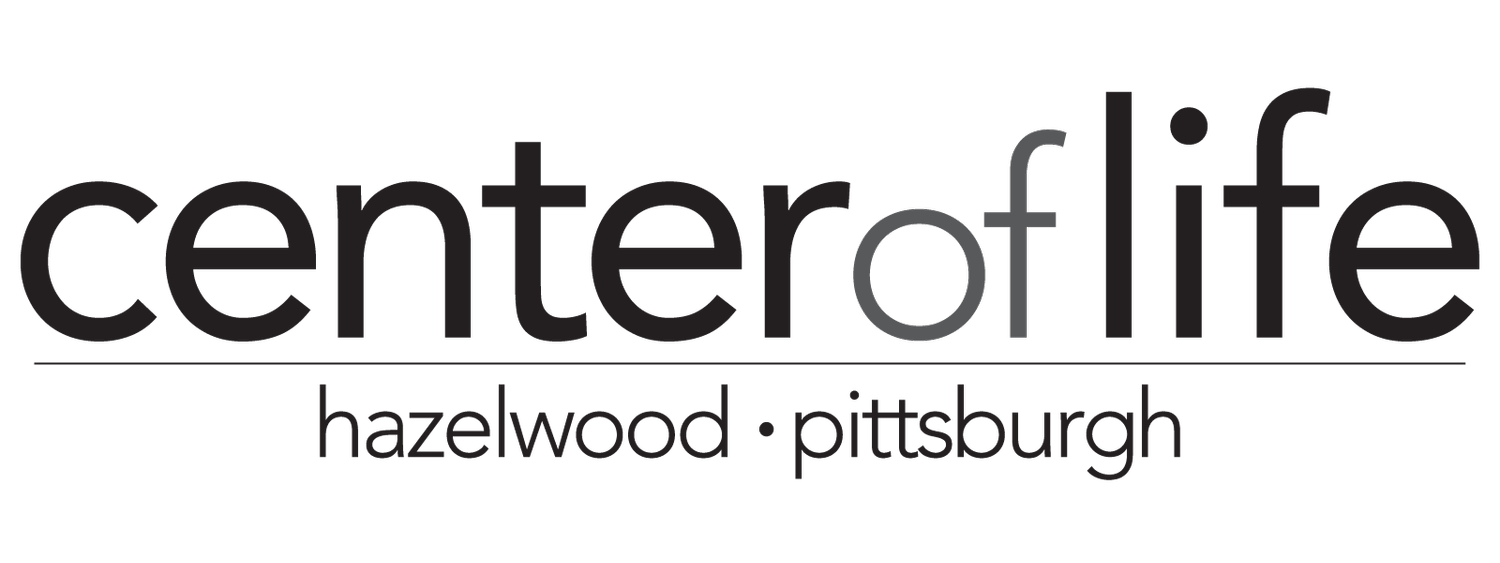You Are Not Voiceless
“The world is broken,” I tell my friend as I sigh at the news on my computer screen.
“It’s always been broken,” she replies with a shrug.
She’s right, of course. The world has always been struggling—through wars, economic crises, natural disasters—but we’ve gotten to the other side with our hope and conviction to work towards a better future intact. It’s a comforting thought. Until it isn’t.
Because something feels different this time around. Sure, we didn’t start the fire either, but it seems to have spread so fast and so far, one feels powerless in front of it. Today, countries command more destructive power than they ever have before, the consequences of which cannot be overestimated. It feels like we are living in an age of fear and hate.
The World Economic Forum conducts the annual Global Risks Perception Survey, which asks the Forum’s network of business, government, civil society and thought leaders to gauge the risks facing our world. The 2019 Global Risks Report states that the biggest problems facing us today are failure of climate change mitigation and adaptation, the resultant biodiversity loss and ecosystem collapse, weapons of mass destruction, and large scale cyberattacks. There are institutions across the world that are deliberating on the best solutions to these problems and how to prevent or mitigate their consequences. The United Nations Climate Action Summit is a recent example.
But these can feel out of reach and do little to assuage our own powerlessness. The world needs to respond immediately and effectively to these risks. This requires cooperation and collaboration. Yet, now more than ever, we have become incapable of having respectful conversations about it. The question that we are faced with is this— In a world where the global rise of social intolerance seems unstoppable and increasingly violent, what is our individual responsibility?
Most people, when faced with something new or unfamiliar, respond with fear. They think it threatens their status quo. In the world we live in today, it doesn’t seem to take very long for that fear to turn violent—whether it is against someone who looks different, speaks differently, has other ideas about how best to make the world a safe place. In an attempt to keep ourselves comfortable, we remain in our echo chambers and close ourselves off to the hateful speech that we cannot change. I have done the same thing. A week ago, when I was asked about my knowledge of current events, I said, “Oh, I haven’t been watching the news anymore. It just makes me sad. I cannot bear to hear about cruel things going on in the world that I cannot change.”
But that is an abuse of my privilege. We are only able to look away from the unpleasant or uncomfortable because they do not affect us directly. While it is understandable that the global messaging of fear and violence seems like a fire we cannot fight, it is our responsibility to try, to the best of our ability. Things on a screen rarely reflect our day-to-day reality. To make a change, we must focus on the micro-interactions—our community, the individuals we encounter, the environment we create around us.
So read the news or listen to a podcast, even just a little bit every day. Find out what is happening outside of you. Tell your neighbors, sit down over coffee and discuss it. Change an opinion. That’s our duty.
Pittsburgh’s communities have already taken steps in this direction. After the shooting at the Tree of Life synagogue, thousands gathered for an interfaith prayer vigil at Pittsburgh’s Sixth Presbyterian Church. A few days later, people showed up at the No Place for Hate March in Squirrel Hill as reminder that this is a city, a community of love and support. In 2017, Center of Life worked with CMU’s School of Design to partner with Hazelwood residents. This collaboration culminated in the I Lived, We Live, What Did We Miss?exhibit. The resulting experience was a place that had a meaningful effect on the viewer and invited them to remember the past and take ownership of the future, underscoring that life is both fragile and resilient. It also worked to overcome society’s lack of honest and open conversation about difficult subject matters like race, privilege, and violence, and how these types of inequalities result in misunderstanding, racism, and loss of social capital. It is currently hosted at the August Wilson Center.
On my first day in Pittsburgh, I was nervous about my job interview, on the verge of homesick, and wondering what I was doing in an unfamiliar city. Then, I saw a yard sign that read: "No matter where you are from, we are glad you are our neighbor.” It was a message of kindness, written in Arabic, English, and Spanish. And it filled me with a sense of relief. Spanish and Arabic are not the languages I grew up speaking; they are not my mother-tongue. But it is comforting to know that their cadences are welcome here. It makes me feel safe, too. And that’s when I decided—I can live here. I now know that these signs come from Harrisonburg, VA. In 2015, Pastor Matthew Bucher put up this sign in front of the Immanuel Mennonite Church and it has since spread to thousands of yards across the country.
This is proof of our power to bring change. The people make the nation and you are not voiceless. Because in this age of the internet and easy connection, if hate and radical extremism can become mainstream, then so can kindness. Because these same platforms popularized the hand-painted sign made by one man in Harrisonburg, VA and started a ripple that reached a new girl in your city, wary, unsure and homesick, and reminded her that someone was glad she would be their neighbor. That was enough for her to decide that she could live here.
So, if you feel like the world is broken, and you are too small a part of it to change anything, remember: It’s the individuals that count. Be aware and open; cultivate empathy. And you would have already made a difference.
-Arista Engineer


